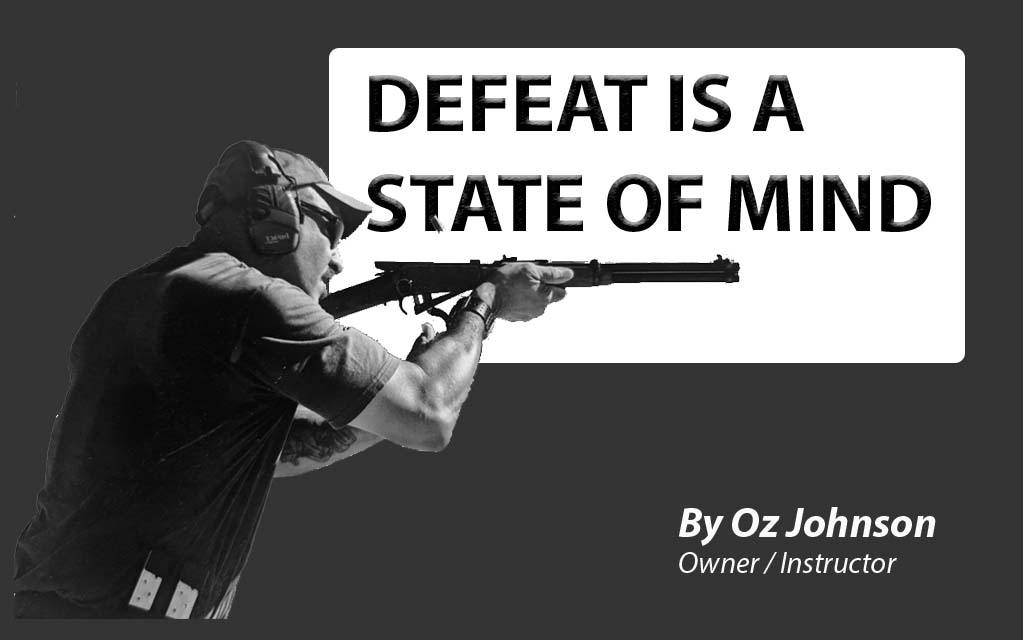It is well-known that in the last few years there has been a drastic increase in the processing of ATF Form 4473. This form is prescribed by the Bureau of Alcohol Tobacco and Firearms and required to be completed when a person proposes to purchase a firearm from a Federal Firearms License holder, such as a gun dealer.
USA Today reported that nearly 40 million guns were purchased legally in 2020 and another 4.1 million were purchased in January 2021 alone.
We can all voice our thoughts on why so many American adults have purchased firearms recently. The topic that I would like to talk about concentrates around the new gun owner and those who have not trained much with their firearm. The firearm is only as good as the owner’s firearm handling skills.
A gun alone does not make you safer and in some circumstances, it can get you in a lot of trouble. Like I always tell my students, a firearm is just a tool and means nothing unless you are trained on the proper use of one. This includes knowing the federal and state laws pertaining to your area.
So, let’s say you are one of the millions that have recently purchased a firearm. Maybe you are one of the millions that made your first firearm purchase because of the trends your seeing happening in our country or possibly in your area. You purchased the firearm for self-protection or to protect the ones you love. I hope that you researched the firearm you purchased and that you bought the one that works for the method that you plan on carrying it.
There are many aspects to making the right choice of which firearm will work for you. One of the problems that some of my students run into after making that spontaneous purchase is that the firearm is to much for them to handle. Not necessarily because of the caliber size, but for example because the slide is too difficult to manipulate. In the Phoenix area there are many gun dealers that will let you rent a specific handgun so you can try it there before purchasing it. Don’t just rely on how the gun feels in your hand, manipulate the slide, look down the sights, press the magazine release.
Ok, now you’ve purchased what feels like the right firearm for you and you got one that is right for your intended use i.e… self-protection, concealed carry, target shooting, competition shooting, employment. Where do you go from here?
I’ve been involved with firearms for over thirty years and most of my intended use had to do with employment, military and law enforcement. The first thing I do with a new firearm is a lot of Dry Fire Practice, so I can get familiar with my gun. This type of practice is done at home with no live fire or ammunition anywhere close to your practice area. Dummy rounds or snap caps can be part of your dry fire training. During dry fire training I concentrate on all the eight fundamentals of shooting including marksmanship, magazine exchanges and drawing from the holster. Whether I am working from an outside the waistband non-concealable holster or from a concealed holster, I spend many hours drawing my weapon and decreasing the time it takes me to get my firearm out and ready to fire. We offer this training as a class.
If you carry a weapon on your person for self-defense, your main priority during an incident will be getting your firearm out and, in a position, where you are ready to fire. I’ve seen real-life scenarios where the good guy lost just because they could not perform this task fast enough. The majority of everything you do on the shooting range can be practiced at home, minus shooting bullets. Take the time to dry fire practice regularly. This method of training could save your life.
Range time is still necessary and recommended. Never Stop Training!!!
(Check with the manufacture of your specific firearm to ensure that manipulating the trigger on an empty gun will not cause damage to your firearm. Not recommended for most rimfire firearms.)
For any questions regarding my article, please email me at
[email protected]
Oz Johnson/Lead Instructor, NRA Certified, Veteran Owned
JohnsonGroupTAC.com
602-448-8283





